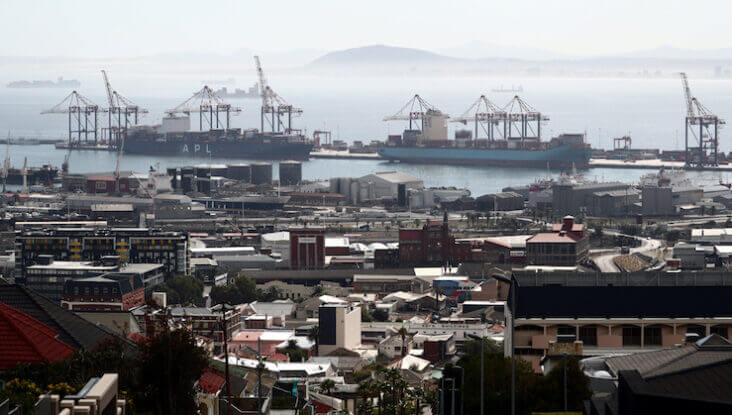
Our Projects are
Transforming African Trade
Quick Contacts
2nd Floor, Fidelity Insurance Centre Waiyaki Way, Westlands

COVID-19 has now spread to all corners of Africa and, as the rate of infections increase, the continent’s economies are coming to a crashing halt, risking the reversal of two decades of economic progress.
Trade has been the heartbeat of Africa’s economic success, with the UK alone importing £12.7bn in goods and services from Africa in 2016, much of which from the agriculture sector.
But this vital economic activity, and the millions of livelihoods it sustains, is under threat.
Trade volumes in the East African Community are down by up to 25% since the beginning of 2020, with even worse damage in the informal sector. There are warnings of a food security disaster on the continent.
The threat is not only from COVID-19 itself.
As the Overseas Development Institute’s Dirk Willem te Velde explains: “Some in the UK – and other large economies around the world – are arguing for autarky or increasingly protectionist policies that would wreak havoc on trade with Africa, often disguised as well-meaning social and environmental objectives, or attempts to protect domestic businesses and jobs. These protectionist voices must be resisted.”
Policy makers must understand the full consequences if stringent new production standards are imposed on imports, as some in the UK are calling for.
Exports from much of Africa would be effectively locked-out from the UK and their other major markets around the world, leading to countless jobs being lost on the Continent where unemployment rates are already as high as 70%.
At the same time, British consumers would be denied goods such as Kenyan tea and green beans, or Ghanaian cocoa and fruit. There are no winners in this situation.
When G20 Trade and Investment Ministers met virtually recently, at the instigation of UK Trade Secretary Liz Truss, they agreed to do everything possible to keep trade flowing across the world and ensure that any necessary emergency measures taken to tackle COVID-19 do not create unnecessary barriers to trade or disruption to global supply chains.
As encouraging as this sounds, unless these pledges are actually fortified into the global trading system, it is too easy for governments to pledge one thing publicly, only for the policy to be ignored in favour of more protectionist measures driven by domestic public pressures.
Using its new independent voice at the WTO, the UK should lead a call to action focused on three areas.
Around the world, one billion people have been lifted out of extreme poverty since 1990, as a direct result of international trade.
The global trading system that has helped deliver this was already under threat, but since the outbreak of the COVID-19 pandemic, the importance of safe, free and fair global trade has never been greater.
We must act now to keep trade with Africa flowing. Lives depend upon it.
Source: The Africa Report
Disclaimer: The views and opinions expressed in this article are those of the authors and do not necessarily reflect the official policy or position of TradeMark Africa.